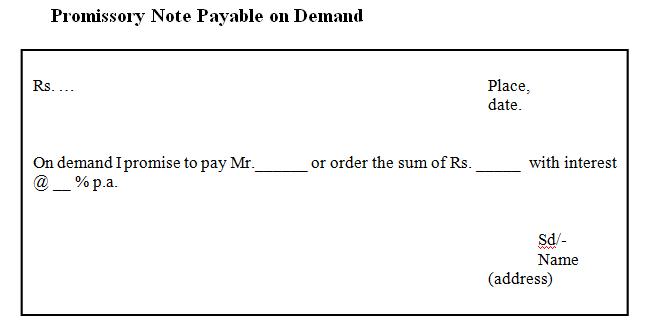A Hundi is a negotiable instrument written in an oriental (vernacular) language. The term ‘Hundi’ includes all indigenous negotiable instruments whether they are in the form of notes or bills. But they are mostly of the nature of bills of exchange. They are virtually inland bills of exchange and recognized by custom and law in India. The term comes from the Sanskrit word Hund which means to collect. It means that Hundis were used as means of collection of debts. Hundis are very popular among the Indian merchants and indigenous bankers from ancient times.
The Negotiable Instruments act does not apply to Hundis. … Read the rest
